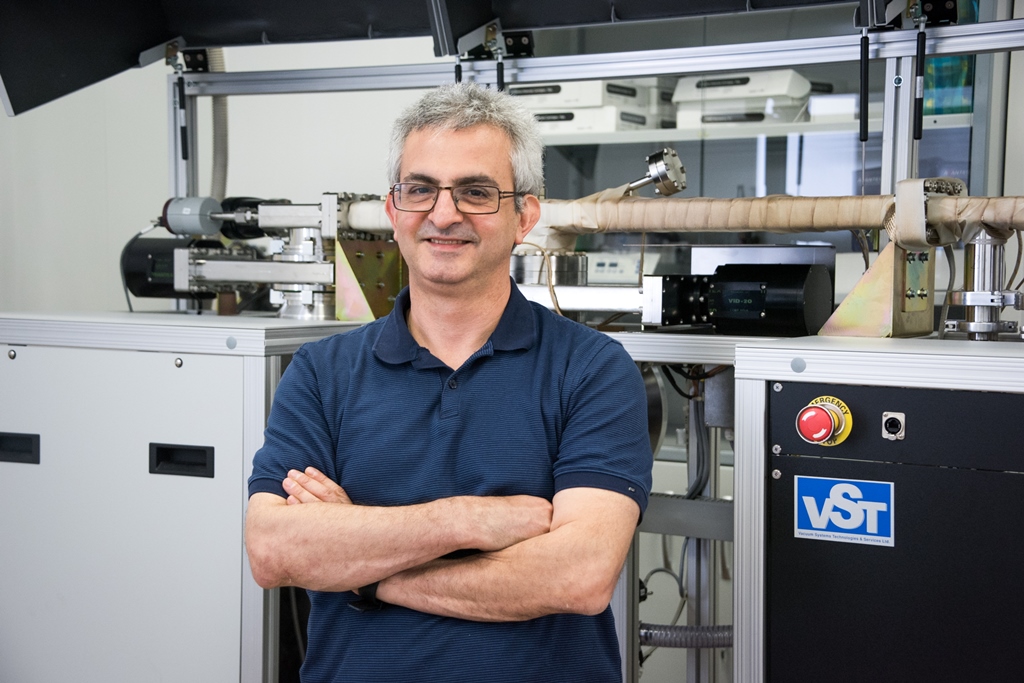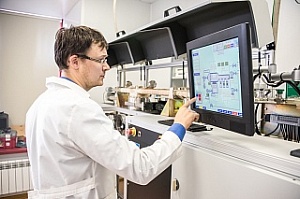TSU scientists have become the first in Russia to begin to grow semiconductors from organic molecules in the gas phase. To do this, they use an installation that allows the creation of super-thin films, whose thickness is 5,000 times smaller than a human hair. The self-assembly of molecules leads to the emergence of semiconductor structures that provide increased speed of devices with minimal energy costs. Based on these semiconductors, devices of molecular nanoelectronics can be developed that will bring humanity to a new technological level.
- The main technical problem of producing devices based on organic semiconductors created by traditional methods of sputtering is that they have low conductivity, because individual molecules interact poorly with each other, - says Tatyana Kopylova, head of the Laboratory of Organic Electronics at SPhTI. - Overcoming this barrier is possible with the help of molecular epitaxy, a method of layer-by-layer application that provides chemical binding of molecules and thereby increases the transport of charges.
Earlier, it was impossible because of the lack of equipment. This year, TSU SPhTI was the first in Russia to get an industrial installation for growing semiconductors from molecules of organic compounds. One company from Israel has arranged it as an order of the University.
- The self-assembly reaction of molecules is carried out in the gas phase. This significantly expands the choice of materials for the production of semiconductors, because you can evaporate almost any low-molecular substance, - says Vladimir Burtman, a research professor at the Laboratory of Organic Electronics and a professor at the University of Utah. - The cultivation of one monolayer takes 15-30 minutes. With them, we can design semiconductors of any complexity. For comparison: in classical technologies, where the application of molecules is made through the dissolution of a substance, the formation of one layer on the carrier takes three days.

Devices on semiconductors created by the method of molecular epitaxy will differ fundamentally from what has been done in the usual way. Their energy consumption will decrease significantly and the speed will increase at times.
The technology of growing organic semiconductors created at TSU will eliminate one of the main problems of molecular electronics and nanoelectronics. It consists in the fact that all devices made on the basis of organic conductive materials decompose under the influence of time, loads, and temperature. The new technology makes it possible to form very strong bonds between molecules, which will significantly prolong the life of the technical equipment.
It will have much more functionality, but it will cost much less. To produce organic semiconductors, very high temperatures are not needed, 300-400 C° is sufficient, which is at least half that of the working temperature for inorganic semiconductors.

